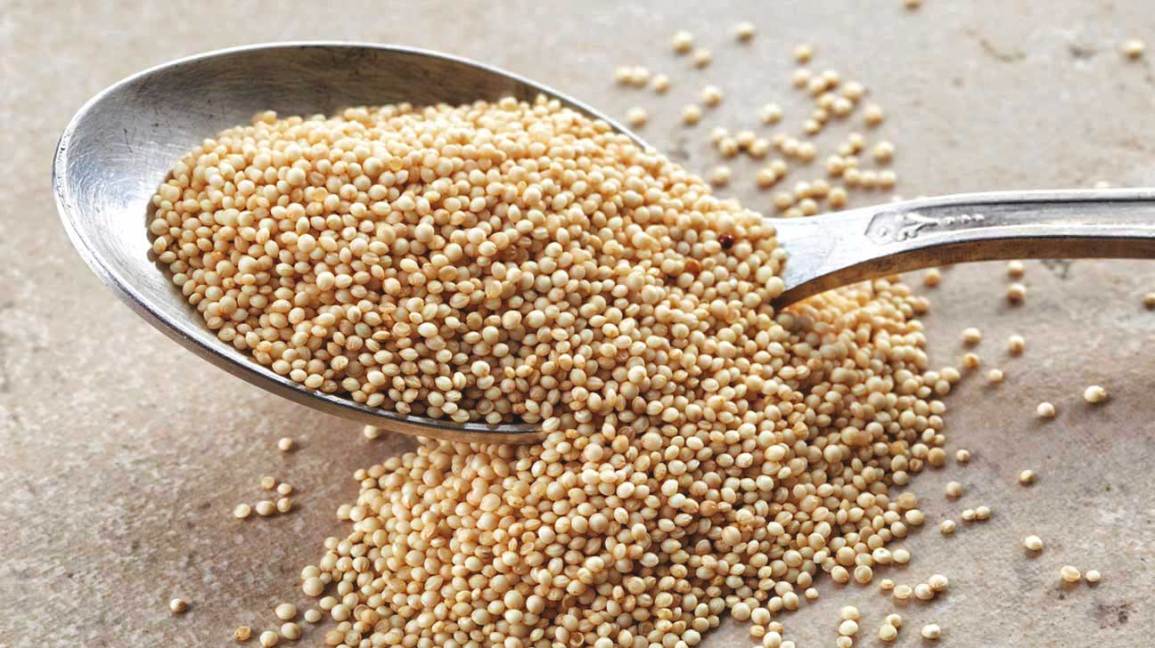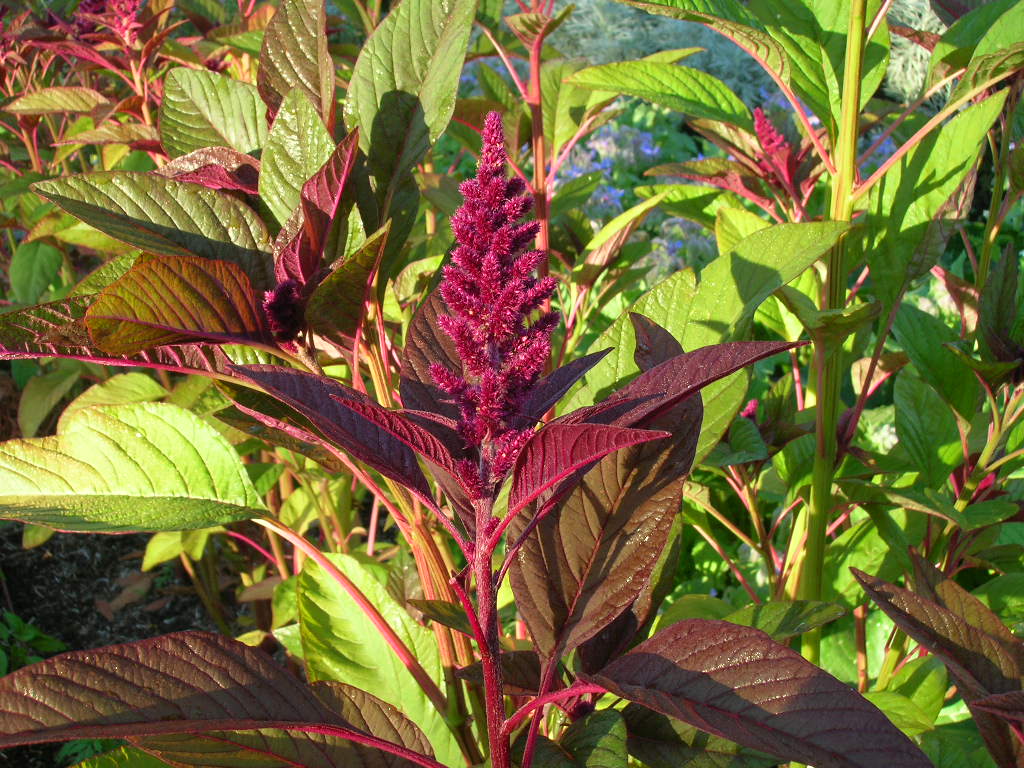 Amaranth seeds. Photo courtesy.
Amaranth seeds. Photo courtesy.
In a move to avoid stiff competition from other vegetable dealers, a farmer from Homa Bay County has turned to producing amaranth seeds to make flour instead of selling the vegetable leaves a venture which is now earning him Sh50,000 per season.
Phillip Odhiambo started growing the crop beginning of April this year on his one acre farm in Kakelo, Oyugis after abandoning onions. He sees it as an opportunity to cash in more from the seeds sales and the seeds’ flour value addition.
"Demand for amaranth leaves is not so high in rural areas because any farmer can harvest this weed for vegetables. Hardly any of them think of the benefits of its seeds," said Odhiambo.
He says production of amaranth as a vegetable is more challenging because of the pesticides required in controlling aphids and other insects. Even with minimum attack of pests, I am sure of harvesting seeds, because they are not directly attacked like leaves.
RELATED: Government asks farmers to grow millet, sorghum, cassava and amaranth for blending with maize flour
: Nutritionist proves that Amaranth weed has bundles of money hidden in its grain
: Amaranth: from weed to wonder crop
Amaranth seeds’ flour is turning to be a silver bullet for the farmer. He says a kilogramme of amaranth flour costs more than Sh130 in retail outlets such as Tuskys and Cleanshelf supermarkets where he supply to.
According to National Farmers Information Service, NAFIS, one kilogramme of grains costs between Sh70 and Sh120. During shortages, it can rise up to Sh150.
From the one-acre, Othiambo now expects to harvest at least 800kg at the end of the year, which could earn him a gross income of about Sh100,000.
The government of Kenya requires maize flour processors to fortify their products with nutritional elements to boost the fight against malnutrition. As a direct competitor to maize flour, amaranth flour has a major advantage: it already contains so many nutrients that it does not need to be fortified, making it a more cost-effective option, not to mention a healthier one.
Amaranth flour is also a strong antioxidant, as well as being rich in iron and calcium, among other major minerals - all of which are essential for good health.
Iron deficiency can lead to anaemia, while low levels of calcium can cause weak bones and teeth: this makes amaranth an appropriate food for all women, especially mothers during and after pregnancy, as the iron aids them in replenishing lost blood.
Since babies and young children cannot consume amaranth vegetables, flour porridge can instead supply the calcium which children need for strong bones and teeth formation.
Amaranth which is also known as pig weed is a giant crop, which ‘oppresses’ other plants in farms when it is a weed. Because of this, even with little attention, it is likely to do well.

Amaranth plant. Photo courtesy.
Odhiambo says that when growing the crop for seeds, the leaves are not supposed to be harvested for vegetable as this may reduce seed yields.
















Comments powered by CComment